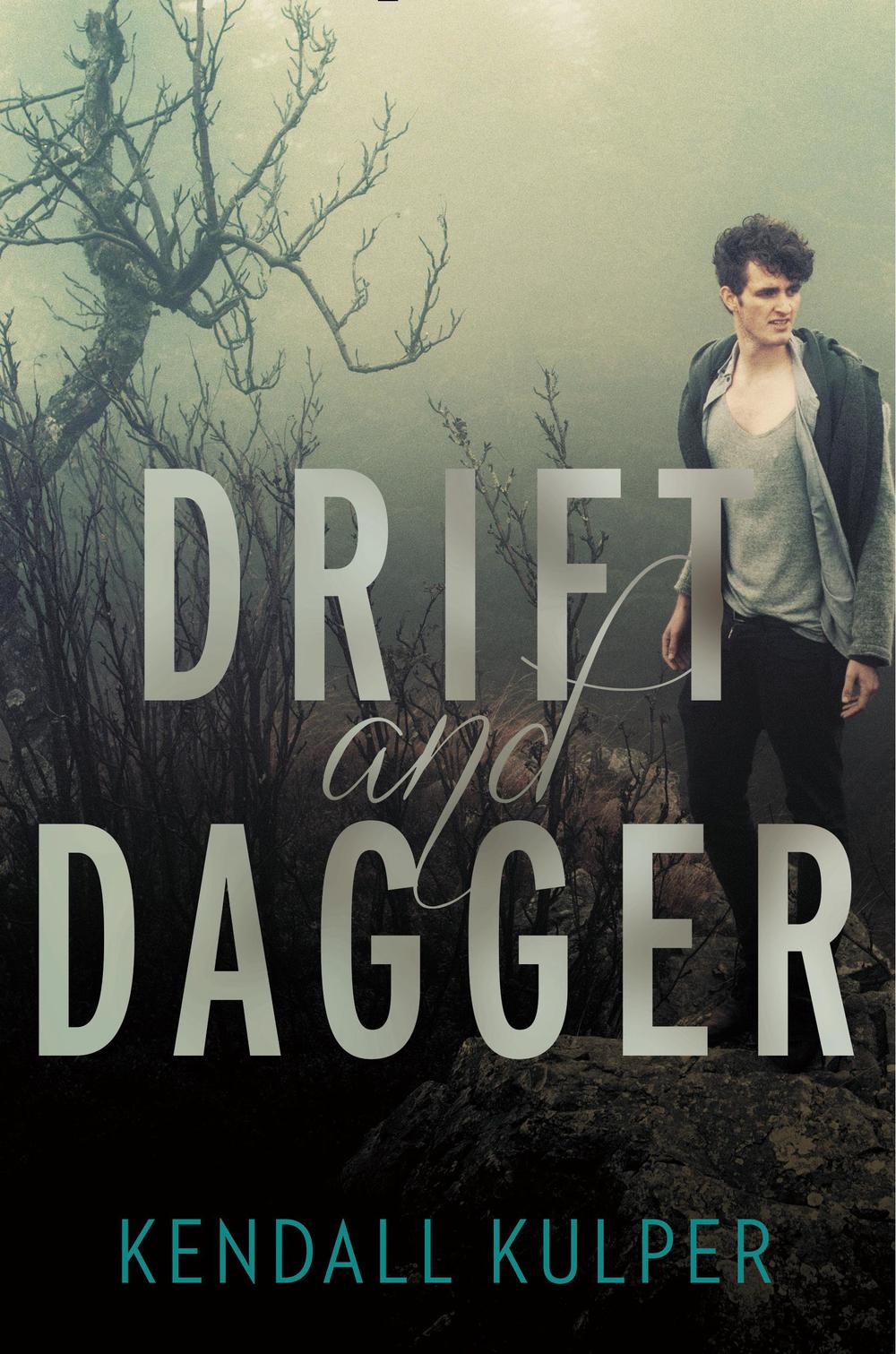Boston Teen Author Festival: "The Craft: Magic, Cultures, and Worlds" Recap
Olivia Handscom ‘18/ Emertainment Monthly Staff Writer
In the second session of the Boston Teen Author Festival (BTAF), the festival’s fantasy writers got together to talk about The Craft: What Goes into Crafting your own Magic, Cultures, and World. The panel was moderated by Sarah Horwitz, an aspiring writer with a BA in Visual & Media Arts and a concentration in screenwriting from Emerson College; and featured Amelia Atwater- Rhodes, author of The Maeve’ra Trilogy; Leigh Bardugo, author of The Grisha Trilogy and Six of Crows; A.C. Gaughen, author of The Scarlet Trilogy; Melissa Grey, author of The Girl at Midnight; Kendal Kulper, author of Drift and Dagger; Kim Liggett, author of Blood and Salt; and Sara Raasch, author Snow Like Ashes and Ice Like Fire. These writers discussed their difficulties and experiences so far writing in their fantasy worlds.

The next topic they moved on to was magic, whether they like their magic soft or hard. Basically whether they like to leave the rules of their magic system inexplicable or whether they needed to follow strict rules. Sara Raasch started off by laughing and saying her editor made her write an eight page paper explaining her magic system, so she had to have her rules hammered out. Overwhelming, most agreed that it was better to have regulations their magic needed to follow. Bardugo said it best when she said, “If you don’t create rules for your magic, it becomes very boring…You also get to create challenges for your characters based on these things that they can’t do because their magic can’t go there. Or they have to find different ways to use the magic they have to accomplish a goal.” Creating rules for their magic helps them to create conflict and support their plots.
Then they moved on to exposition, essentially how to give the readers the proper information without dumping it on them. Rhodes and Bardugo both agreed that their initial drafts contain more information than the reader needs. In editing they go back and cut out everything that is unnecessary for their final drafts. Gaughen elaborated a bit on that advice by saying it is best to think through the main characters perspective because we are looking at the world through their eyes. Anything that main character would not find interesting or important, if it is not something they would care about, it is not important enough to mention.
Since most of the panel have either written a series before, or is currently writing a series, the authors talked about the eases and challenges of writing different stories in the same world. Raasch said it is a little bit like coming home, and there is something familiar and comforting to write in a world that you already understand. Grey, on the other hand, said it does not come without its own challenges. “But then you have to raise the stakes,” Grey said, “You have to make people care more deeply than they did in the first book. Everything needs to be more…You can’t have people feeling like they’re reading the same book again. You have to make it familiar, but you also have to make it so much more than it was before.” Kim Liggett laughed at the notion that writing in the same world is easier, saying that unless you are trying to write a second story that is the same as the first story, writing the second book in the same world is more challenging than writing the first.

It was when Gaughen talked about her journey to writing that she brought up something that is familiar to most people who are interested in the creative arts field, which was many people in the audience of the Boston Teen Author Festival. Vaughn said she had to fall in love with writing many times over. Her initial love of writing caused family and friends to discourage her from this type of work, so for a while she did not pursue her passion for fear of failure. To which Bardugo responded perfectly, “Our culture is not kind to aspiring anything, and when you’re coming up nobody cares. They are just waiting for that stamp of success. But that’s the war of art, right? It’s to keep making work when nobody cares.”